MY TEN BEST BEST PICTURE WINNERS
Now it is time to unveil which of the 91 Academy Award Best Picture winners I would rank as the Ten Best of All Time. First, a refresher as to how I arrived at this list.
I had three main criteria for ranking: Do I think it is good? Do I think it has or will last the test of time? Would I watch it again?
Every film would be ranked as compared to others based on those three main criteria. Once I was satisfied where a particular film fit, I would move on to the next one until the list was complete.
I should say 'lists' as I came up with two separate rankings to see if I shifted my views on some of the films. To my surprise my Top Ten were the same in each list. The only difference was between my Fourth and Fifth Best Pictures, where they were reversed. After some thought and contemplation, again with the three criteria, I sorted them to where I was satisfied.
This was the same methodology I used for my Ten Worst.
And now, without further ado, my choices for the Ten Best Best Picture Oscar winners.
10: The Silence of the Lambs (1991)
Pulling in the rear is this psychological thriller, a tense battle of wits between the metaphorical forces of good and evil. Brilliantly acted and directed, The Silence of the Lambs on second viewing is far above more traditional 'horror' films in that there is surprisingly little gore. There is some, but the film I think now serves as allegory on gender equality long before the term was created. The Silence of the Lambs perfectly balances horror and intelligence, with a chilling turn by Sir Anthony Hopkins as the brilliant psychopath Hannibal Lecter and Jodie Foster as Clarice Starling, the woman who is able to face off against him but not without damage.
09: The Godfather (1972)
The Godfather is not just about 'gangsters', though I know many who love it precisely because it is about mobsters. The Godfather is also about family, loyalty and the terrible burden it can place on those we love. There is a dark side to the American Dream, and the Corleones portray it as they fight to hold on to power. The Godfather is blessed with exceptional performances from the cast, and it's a credit to the actors that we do not see them as murderous thugs. Instead, we see them as a united family, but one drenched in blood and the high price so many paid for their sins.
08: It Happened One Night (1934)
Perhaps it is too much to say that It Happened One Night created the screwball comedy. However, It Happened One Night brings so many elements of a screwball comedy together so well that I would not argue against it. This tale of a madcap heiress and the cynical reporter who join forces and start out disliking each other (and naturally fall in love) is such a joyful delight from start to finish. On their wild ride and adventures, we see how deft Frank Capra was in capturing the popular mood. That we end up loving the leads in the same way they end up loving each other is a credit to Claudette Colbert and Clark Gable, both of whom won their only Oscars for the film. Do I love It Happened One Night? YES...but don't hold that against me, I'm a little screwy myself!
07: Gone With the Wind (1939)
An epic among epics, Gone With the Wind suffers from its now-problematic portrayal of the antebellum South/Confederacy as rather bucolic, almost pleasant to where you wonder what all the fighting was about. I think too many people, however, mistake Gone With the Wind as a paean to the Old South and slavery. Rather, it is a portrait of a world unaware that its time is finished. Gone With the Wind is more about survivors, specifically our anti-heroine Scarlett O'Hara so brilliantly played by Vivien Leigh in perhaps the greatest female performance in film history. In her fierce determination to 'never be hungry again', we both love and loath Scarlett. Complimented by brilliant performances from Clark Gable and Olivia de Havilland, Gone With the Wind sweeps you up in a whirlwind visually and emotionally.
06: Lawrence of Arabia (1962)
Lawrence of Arabia has the curious distinction of being the only Best Picture winner with no women in the film. That and the fact that the Arab/Turkish characters were played by non-Arabs/Turks save for Egyptian actor Omar Sharif in the critical role of Sharif Ali would be unthinkable today. Truth by told Lawrence of Arabia simply would not be made today: lengthy films about obscure historic figures with few battle scenes would be a poor sell. However, Lawrence of Arabia is not really about the Arab campaigns during World War I. Rather, the film is as I've often said an epic about one man's soul. Brilliantly played by Peter O'Toole, this T.E. Lawrence is a conflicted man, unsure of where or even if he fits in with the British or the Arabs. Lawrence of Arabia paints a massive portrait of a man and a world in conflict, with no peace or resolution for either.
05: All Quiet on the Western Front (1930)
War is a brutal, ugly thing, and yet we continue to throw ourselves willingly into its horrors. All Quiet on the Western Front was released a mere thirteen years after 'the war to end all wars' concluded. Many veterans would still be among those watching these frightful and frightening images of what they endured. The film paints war not as a glorious undertaking of courage, strength and honor, but as dirty, brutal and destructive. Lew Ayres' performance, surprisingly overlooked for Best Actor, still grips you in its mix of innocence and weariness. It is impossible not to be moved by All Quiet on the Western Front: the young men's first encounter with the shock of battle, Ayres begging forgiveness of the dead man he's been forced to kill and that final scene with the butterfly. All Quiet on the Western Front will make you hate war and have you agree with Ayres' Paul on the stupidity of 'dying for your country'.
04: The Godfather Part II (1974)
The first sequel to win Best Picture, The Godfather Part II is also a prequel, telling the story of the rise of Don Vito Corleone and the fall of his son Michael. As the story weaves in and out between Vito and Michael, we see how the sins of the fathers really are visited upon the sons. The Godfather Part II is richer, deeper and darker than The Godfather as it allows us to explore more of this world. Michael's transformation into one of most evil men in film is complete, yet you do leave with some sorrow for him. He now has total power and is unquestioned, but he is also alone and unloved, a shadow of what he could have been if not for his loyalty to family.
03: Schindler's List (1993)
The Holocaust is among history's greatest horrors. It has been chronicled in film in productions ranging from the little-known The Search to The Diary of Anne Frank and Sophie's Choice. There have also been various television programs and specials from Holocaust and Uprising to the World War II-set series Homefront episode The Lacemakers. However, Schindler's List towers over all these other worthy projects. I think it is due in part to the fact that the title character is not a good man. A womanizer, adulterer, war profiteer and Nazi Party member, one does not expect any goodness in Oskar Schindler. Yet, Schindler's List shows that every individual has that capacity for good or evil, even flawed people. With excellent performances all around especially Liam Neeson and Ralph Fiennes, a moving John Williams score and deft, delicate direction from Steven Spielberg, Schindler's List is simultaneously heartbreaking and life-affirming.
02: All About Eve (1950)
Just as Lawrence of Arabia had no women, All Above Eve was all about women...and their men! It's an age-old tale of how the young overtake 'the old', but one filled with so many brilliant elements. All About Eve has perhaps the definitive performances from its female triumvirate of Bette Davis, Anne Baxter and Celeste Holm as the talent, the false ingenue and the one caught in the middle. George Sanders too was never better than the appropriately-named Addison DeWitt, who wields words with the skill of a master swordsman. This backstage tale of backstabbing, masterfully written and directed by Joseph L. Mankiewicz, is knowing on the wicked ways of people. To some, life is theater, a lifelong performance where curtain calls are everything. To All About Eve, theater is life, with the mingling of the public and private collide in explosive fashion. Fasten your seat belts indeed.
01: Casablanca (1943)
People who know me know that Casablanca is my favorite film of all time. If my unrequited love for it causes people to think that was the sole reason to name it my Best Best Picture Winner of All Time, guess again. Casablanca really has everything: action, romance, drama and even comedy. The film moves swiftly and has a timeless quality while simultaneously being of its time. A cavalcade of exceptional iconic performances abound: Humphrey Bogart's wounded cynic, Ingrid Bergman's conflicted love interest, Paul Henreid's noble man of conscious and my favorite, Claude Rains' unscrupulous but ultimately noble Captain Louis Renault. Casablanca's themes of love lost, found and sacrificed will resonate always, for as long as the world welcomes lovers and as time goes by.
Next time, my Ten Worst Best Picture Winners.

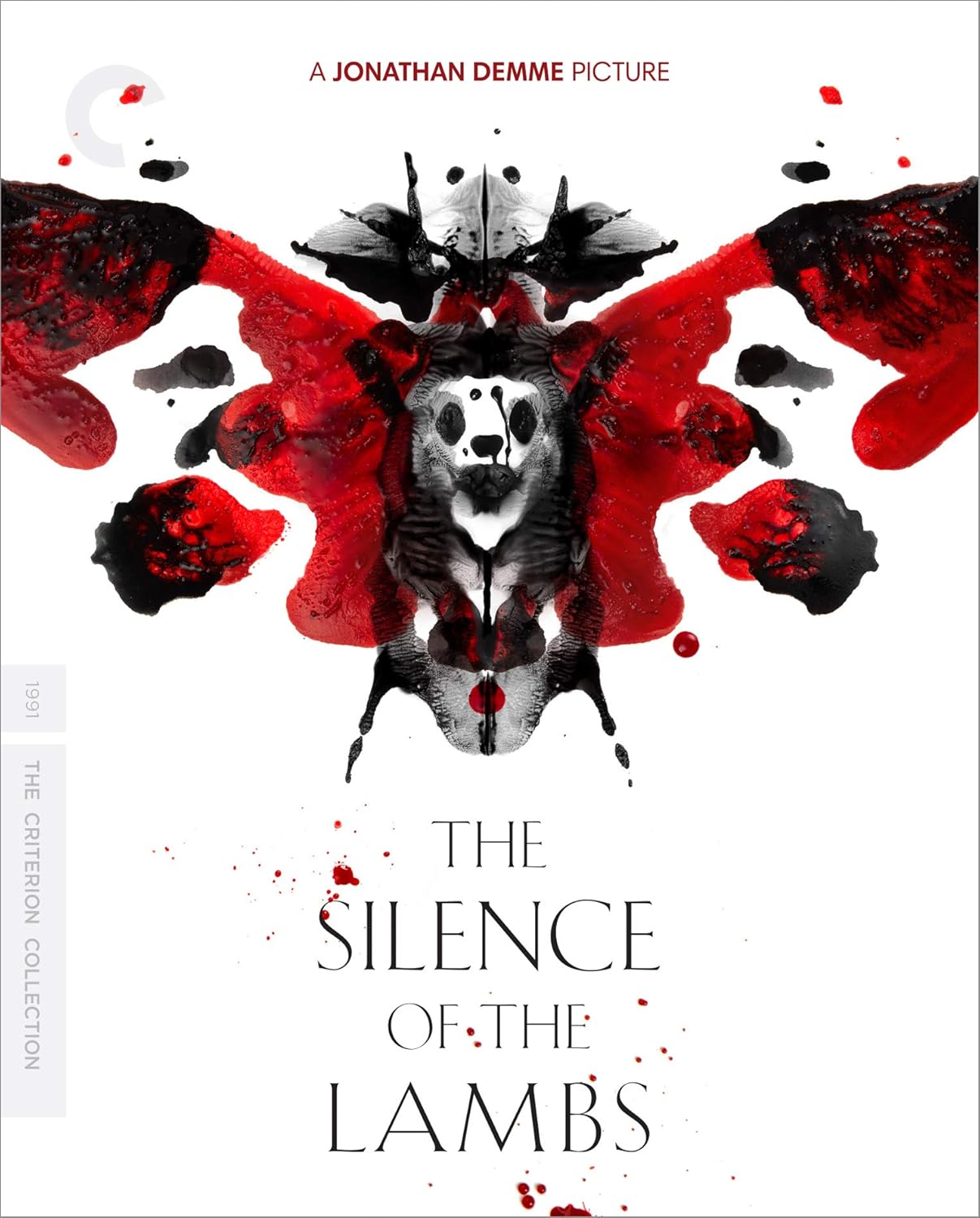
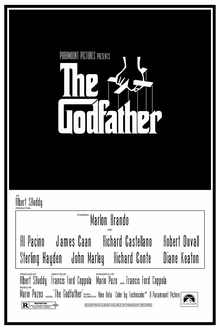

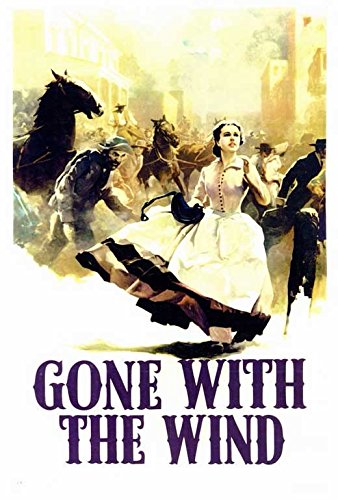
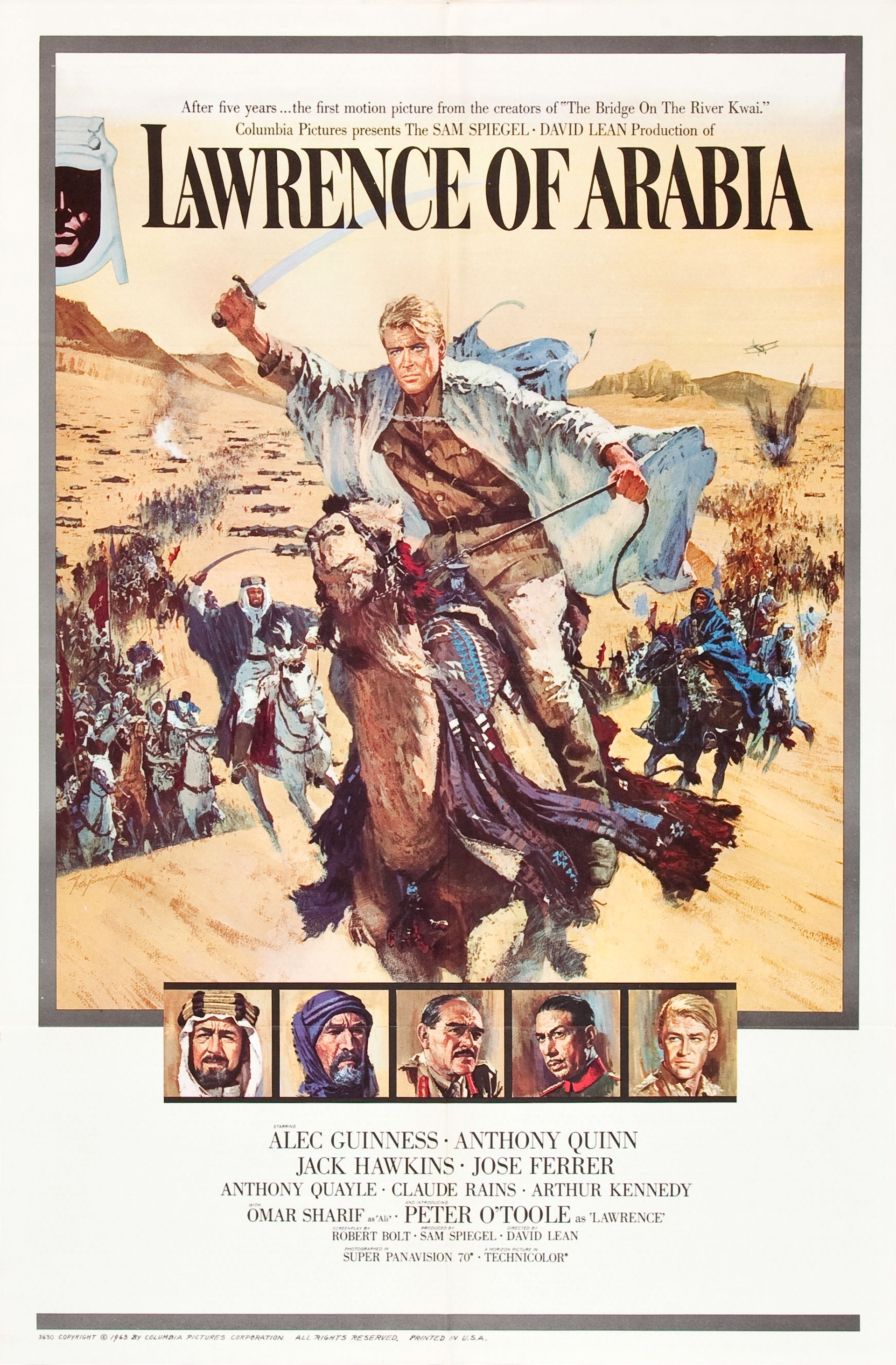
_poster.jpg)



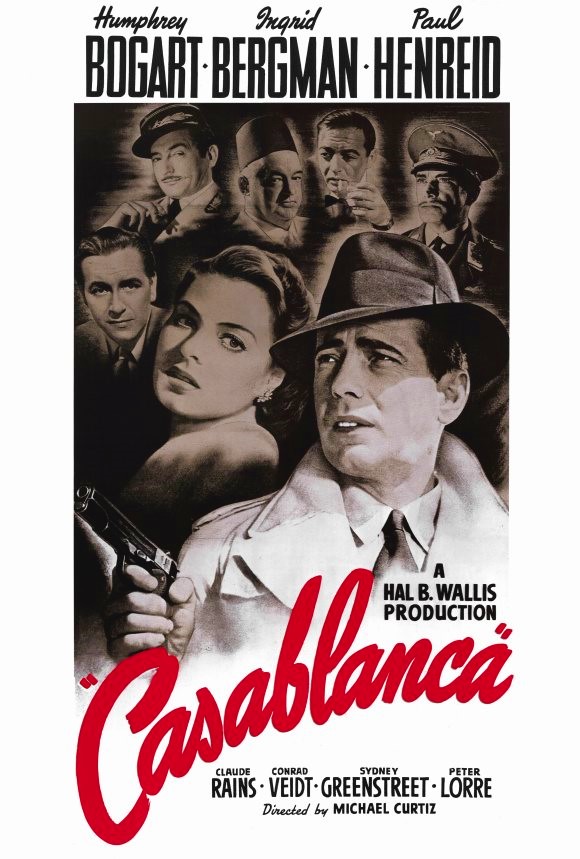
No comments:
Post a Comment
Views are always welcome, but I would ask that no vulgarity be used. Any posts that contain foul language or are bigoted in any way will not be posted.
Thank you.